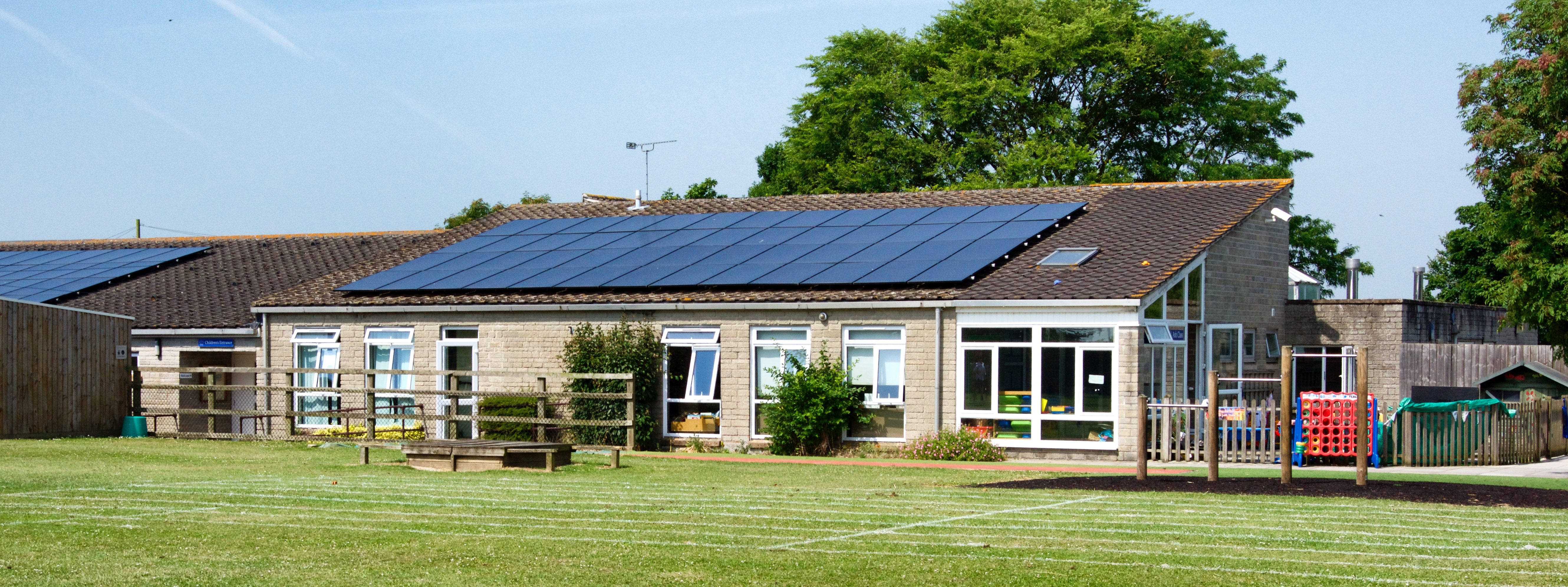Supporting your child
Supporting Your Child’s Learning
The most successful children know that their family supports them and shows an interest in their day to day school life.
- Talk to your child about what they are doing at school.
- Encourage them to find out things for themselves.
- Read books with your child. Take them to the local library and help them to choose books.
- Let your child help you in the kitchen and when you are doing other work in the home.
- Listen to your child. Encourage them to ask questions. If you do not have the answer, why not find out together?
If at any point you have any concerns about your child’s learning, contact their teacher in the first instance.
Home Learning
To be effective, home learning needs to be part of a wider partnership between parents and school.
It is a fact that children develop their skills, interests and talents when parents encourage them to make maximum use of the experiences and opportunities that are available outside of school. All our children are expected to read daily at home to an adult. KS2 children are expected to learn their times tables at home and these can be practised on TTRockstars. Children will also have spellings to learn or precision key words to practise at home (Fun ways to learn Spellings at Home).
Ways parents can help:
- Listen to your child read on a daily basis and discuss their book with them.
- Home learning is a learning tool, so go out and about – learn together!
- When appropriate, extend the home learning tasks by using appropriate websites or library resources.
- Help your child find a suitable place to engage in the home learning tasks
- Make sure your child doesn’t spend too long on a home learning task.
- Use your child’s Planner as a method of communicating with the class teacher.
- Help your child and show support, but do not confuse your child by showing them methods that are not being used in school.
- Breakfast gives children the energy to learn!
- Talk to your child about their learning.
Reading
It is really important that you listen to your child read each day and that you share books with them. This will help them develop a love of reading and also support their learning in all areas of the curriculum. Click here for some questions you could use to talk to your child about their book to help develop their understanding of what they have read. At KS1 children are expected to read their book at least 3 times to help develop fluency.
The main thing is little and often – 10 minutes a day is better than one long session a week.
Maths
The best way to support Maths learning at home is things like playing board games, doing cooking and making things together.
Spelling
Different children learn in different ways but these are some suggestions:
Fun ways to learn Spellings at Home Strategies to help learn spellings at home
- Look, cover, write
- Using colours – rainbow words
- Making up rhymes or mnemonics
- Air writing
- Painting the word (water on a paving slap is less messy)
- Writing in sand
- Making the words from plastercine or playdough
- Saying them aloud
- Sounding them out
- Colouring the tricky part
Weekly News
Up Coming Events
Child Exploitation and County Lines by Escapeline – Monday 20th January at 3.30pm
Is my child too ill for school?
It can be tricky deciding whether or not to keep your child off school when they’re unwell. I hope you find this NHS link a useful resource – https://www.nhs.uk/live-well/is-my-child-too-ill-for-school/
Useful Links
Follow us on Facebook
View Calendar
School Performance Tables
